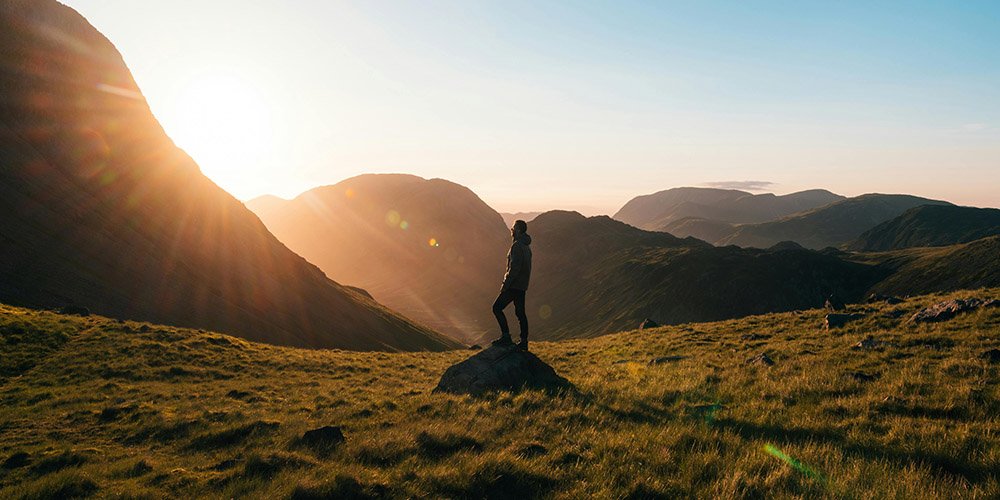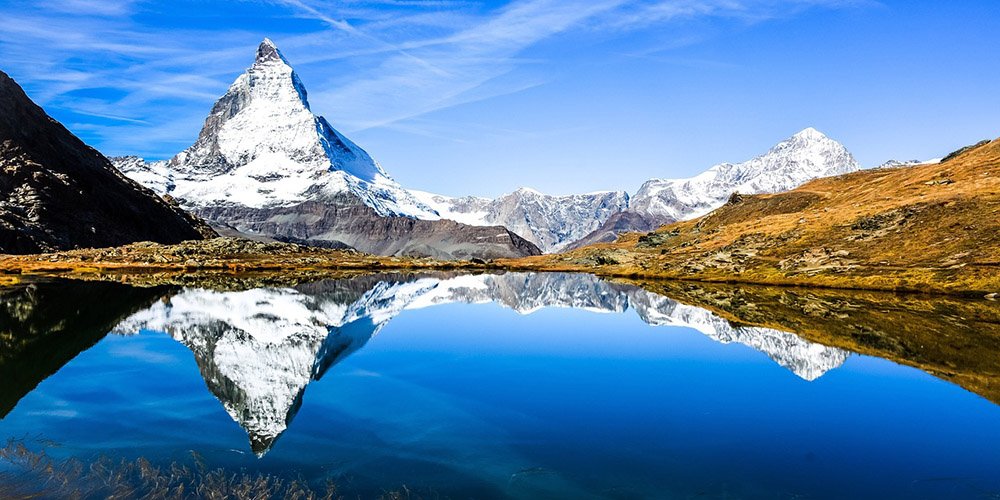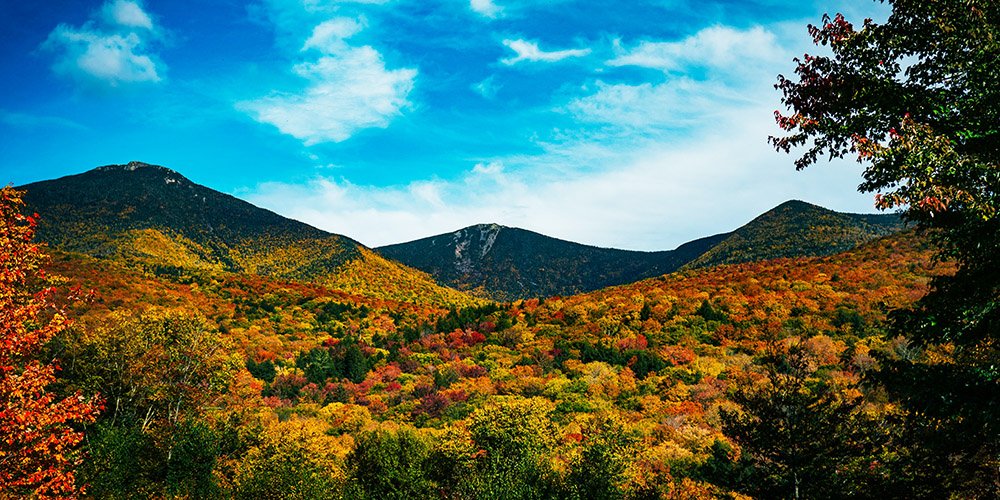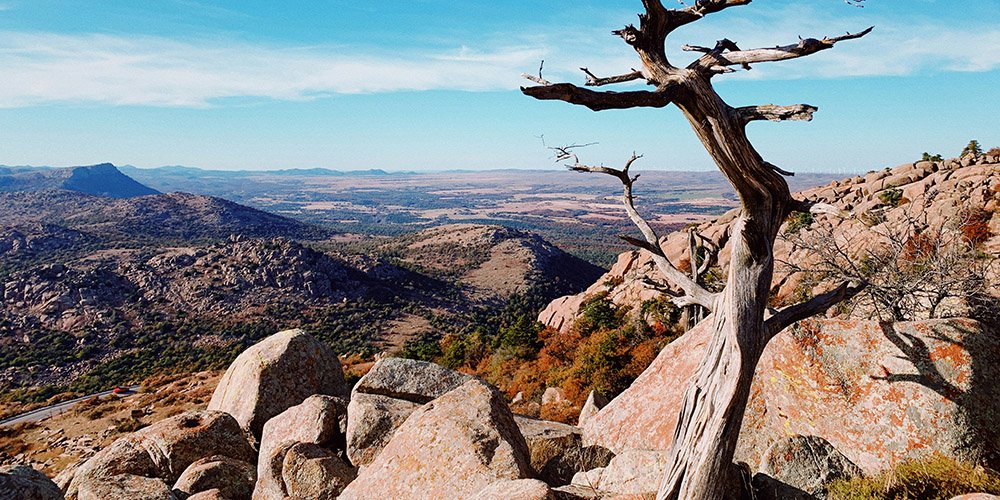Is Hiking a Hobby? Discover the Joys and Benefits!
Hiking is more than just a walk through nature; it’s an adventure that combines physical exercise, mental wellness, and a profound connection with the great outdoors. Whether you’re a seasoned trailblazer or a curious newcomer, hiking has something to offer everyone. But is hiking just a hobby? Throughout this article, we will delve into the various facets of hiking that make it a beloved pastime for many and explore the joys and benefits it brings to our lives.
What Makes Hiking a Popular Hobby?
Hiking has surged in popularity around the globe, drawing people from all walks of life. One reason for its widespread appeal is its simplicity; all you need is a good pair of shoes and a willing spirit. Unlike many hobbies that require specialized equipment or extensive training, hiking is accessible to almost anyone. This inclusivity allows people of different ages, fitness levels, and backgrounds to come together and enjoy nature’s splendor.
Another factor contributing to hiking’s popularity is the sheer variety of experiences it offers. From leisurely strolls through urban parks to challenging ascents up rugged mountains, there is a hike to suit every preference. This versatility means that one can always find a new trail to explore, preventing the hobby from becoming monotonous. Furthermore, hiking trails exist in virtually every part of the world, providing endless opportunities to discover new landscapes and ecosystems.
Finally, hiking fosters a sense of adventure and exploration. Each trail presents its unique set of challenges and rewards, inviting hikers to push their limits and experience the thrill of discovery. Whether you’re uncovering a hidden waterfall or reaching a panoramic summit view, the sense of accomplishment and wonder that accompanies a hike is unparalleled.
Also read: Best Snacks for Hiking: Fuel Your Adventure Deliciously!
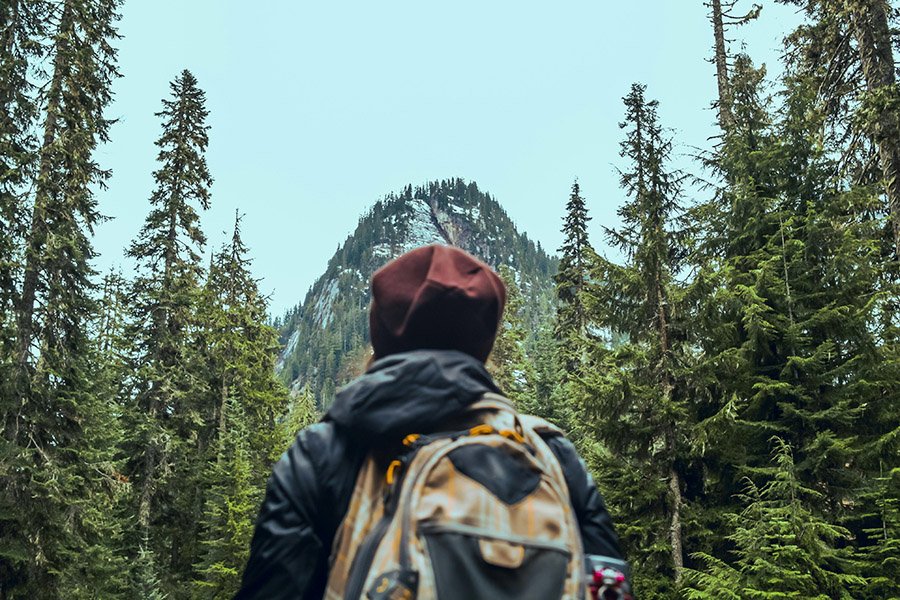
Exploring the Basic Gear for Hiking
While hiking is known for its minimalistic approach, certain gear is essential to ensure a safe and enjoyable experience. At the top of the list is proper footwear. Investing in a good pair of hiking boots or shoes can prevent injuries and provide the necessary support for traversing various terrains. Look for footwear that offers a comfortable fit, good traction, and durability.
Next on the list is a reliable backpack. Depending on the length and intensity of your hike, you’ll need to carry essentials such as water, snacks, a first aid kit, and possibly extra layers of clothing. A backpack designed for hiking will have features like padded straps, multiple compartments, and hydration compatibility to make your trek more comfortable.
Lastly, consider clothing and accessories tailored for outdoor activities. Moisture-wicking fabrics, weather-appropriate layers, and sun protection are key elements of a hiker’s wardrobe. Don’t forget a hat and sunglasses for sunny days and a rain jacket for unexpected weather changes. Equipping yourself with the right gear ensures that you can fully enjoy your hiking experience, regardless of the conditions.
Health Benefits of Taking Up Hiking
Hiking is a fantastic way to stay fit and healthy. It provides a full-body workout that improves cardiovascular health, builds muscle strength, and enhances endurance. The varied terrain of hiking trails means that your body is constantly adjusting and working different muscle groups, from your legs and core to your arms and back. This natural form of cross-training can lead to improved overall fitness.
Additionally, hiking can aid in weight management and reduce the risk of chronic diseases. Regular physical activity, such as hiking, helps burn calories and fat, contributing to weight loss or maintenance. Studies have shown that engaging in outdoor activities can lower blood pressure, reduce cholesterol levels, and improve blood sugar control, thereby decreasing the risk of heart disease, diabetes, and other conditions.
Beyond the physical benefits, hiking also promotes better sleep and increased energy levels. The combination of physical exertion and exposure to natural light helps regulate your sleep patterns and boost your mood. Many hikers report feeling more energized and alert after a hike, thanks to the endorphins released during physical activity and the rejuvenating effect of nature.
Mental Wellness: Hiking and Happiness
Hiking is not just beneficial for your body; it also does wonders for your mind. Spending time in nature has been shown to reduce stress and anxiety, providing a natural remedy for the pressures of everyday life. The rhythmic pattern of walking, coupled with the serene environment, allows your mind to relax and unwind, promoting a sense of calm and well-being.
Moreover, hiking can enhance mental clarity and creativity. The peacefulness of natural settings offers a break from the constant stimuli and distractions of modern life, giving your brain the space it needs to think more clearly. Many people find that hiking provides an opportunity for introspection and problem-solving, making it a valuable activity for those in need of mental rejuvenation.
The sense of accomplishment gained from completing a hike also contributes to improved self-esteem and happiness. Whether it’s conquering a difficult trail or simply enjoying the journey, the positive feelings associated with hiking can boost your mood and foster a greater sense of life satisfaction. This connection between hiking and mental wellness is a key reason why so many people turn to the trails for both physical and emotional nourishment.
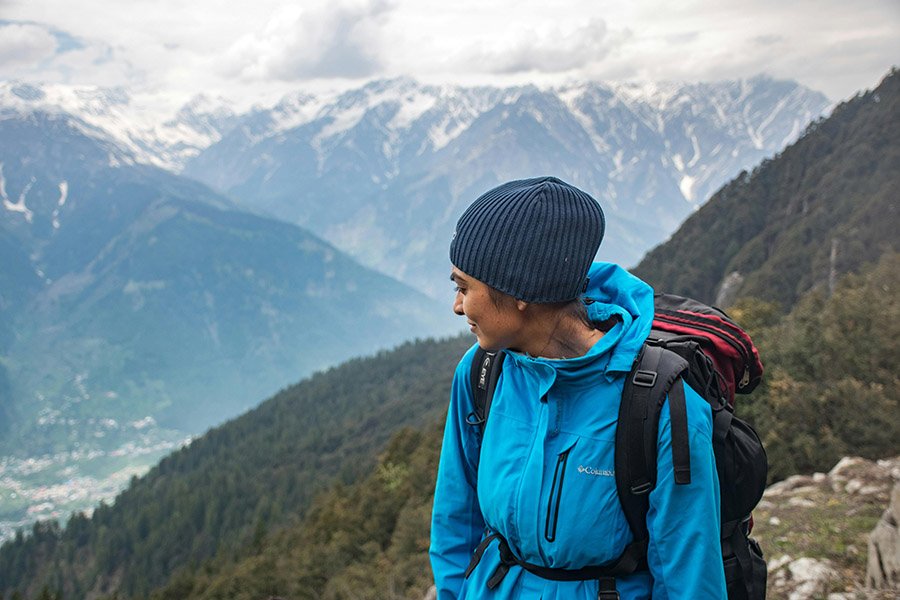
Social Aspects: Hiking with Friends
Hiking can be a wonderfully social activity, offering a fantastic way to bond with friends and family. The shared experience of exploring new trails and overcoming challenges together can strengthen relationships and create lasting memories. Group hikes provide a platform for meaningful conversations, laughter, and camaraderie, all while enjoying the beauty of the outdoors.
Joining a hiking group or club can also expand your social circle. Many communities have organizations dedicated to hiking, offering scheduled group hikes, events, and social gatherings. These groups are an excellent way to meet like-minded individuals who share your passion for the outdoors. Whether you’re a beginner or an experienced hiker, there’s always something to learn from others, and the collective knowledge and support can enhance your hiking experience.
Hiking with others also adds an element of safety. Having companions on the trail means that there is someone to assist in case of an emergency, navigate difficult sections, and share resources. This added security can make the hiking experience more enjoyable and less stressful, allowing you to focus on the adventure and the company.
Best Locations for Beginner Hikers
For those just starting on their hiking journey, choosing the right location is crucial. Beginner-friendly trails are generally shorter, well-marked, and feature manageable terrain. National and state parks are excellent starting points, as they often offer a range of trails catering to different skill levels. Look for trails that provide scenic views and interesting landmarks to keep the experience engaging.
Urban and suburban parks are also great options for novice hikers. These parks usually have paved or well-maintained dirt paths that are easy to navigate. They offer a convenient way to enjoy nature without venturing too far from home. Many urban parks have visitor centers or information boards that provide trail maps and additional resources, making it easier to plan your hike.
Nature reserves and conservatories are another fantastic choice. These areas are dedicated to preserving natural habitats and often feature educational signage that can enrich your hiking experience. They tend to have clearly marked trails and facilities like restrooms and picnic areas, which are particularly helpful for beginners. Wherever you choose to hike, starting with accessible and enjoyable trails can ignite a lifelong passion for this enriching hobby.
Budget-Friendly Hiking Tips and Tricks
One of the great things about hiking is that it can be enjoyed on a budget. To start, focus on acquiring essential gear, but don’t feel pressured to buy everything at once. Look for sales, second-hand stores, and online marketplaces where you can find quality gear at reduced prices. Many outdoor stores also offer rental services, allowing you to try out equipment before making a purchase.
Carpooling or using public transportation to reach trailheads can save money on travel expenses. Additionally, consider exploring local trails and parks to minimize travel costs. These nearby gems often go overlooked but can provide excellent hiking experiences without the need for a long trip. Packing your food and snacks is another way to keep costs down while ensuring you have the nutrition and energy needed for your hike.
Lastly, take advantage of free resources available to hikers. Many websites and apps offer detailed trail information, maps, and reviews from fellow hikers. Local libraries often have guidebooks and maps available for loan. Joining hiking groups or forums can also provide valuable tips and advice without any cost. By being resourceful and planning ahead, you can enjoy the benefits of hiking without breaking the bank.
Also read: Why Is Hiking Such a Complete Lower Body Workout? Find Out!
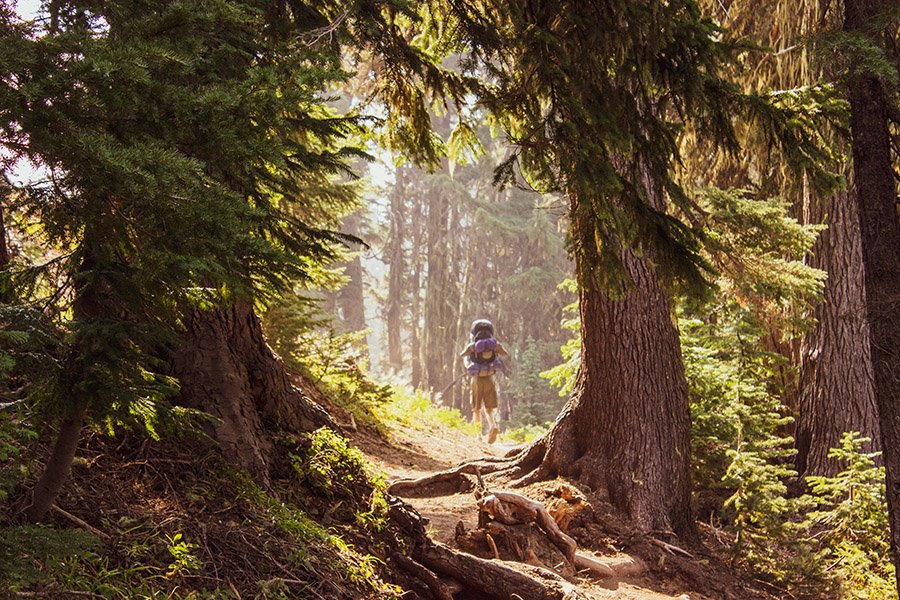
Seasonal Hiking: What to Expect Year-Round
Hiking is a year-round activity, but each season brings its unique challenges and rewards. In spring, trails come alive with blooming flowers and fresh greenery. This is an excellent time for wildlife spotting, as many animals are more active after the winter months. However, be prepared for muddy trails and unpredictable weather by wearing waterproof gear and checking the forecast.
Summer offers longer days and warmer weather, making it ideal for extended hikes and overnight trips. Ensure you stay hydrated and protect yourself from the sun with hats, sunglasses, and sunscreen. Early mornings or late afternoons are the best times to hike to avoid the midday heat. Some trails may be busier during this peak season, so consider less popular routes for a more serene experience.
Fall is a favorite season for many hikers due to the stunning foliage and cooler temperatures. The crisp air and colorful landscapes make for a picturesque hiking experience. However, shorter daylight hours mean you should plan your hikes accordingly and bring a headlamp if needed. Winter hiking can be equally rewarding, offering snowy landscapes and a peaceful atmosphere. It’s crucial to wear appropriate clothing, such as thermal layers and traction devices for icy trails. Always be aware of weather conditions and trail closures to ensure a safe winter hike.
Combining Hiking with Other Hobbies
Hiking can seamlessly blend with other interests, enhancing your overall outdoor experience. Photography enthusiasts, for example, will find endless opportunities to capture stunning landscapes, wildlife, and unique natural details. Bringing a camera or smartphone on your hikes allows you to document your adventures and share the beauty of nature with others.
Birdwatching is another hobby that pairs well with hiking. Trails often pass through various habitats, making them ideal for spotting different bird species. Bringing a pair of binoculars and a field guide can turn your hike into an educational and engaging birdwatching expedition. Listening to bird calls and observing their behavior adds an extra layer of enjoyment to your time on the trail.
For those interested in fitness, incorporating activities like trail running or yoga into your hikes can provide additional benefits. Trail running offers a more intense workout, while practicing yoga amidst nature can enhance your flexibility and mindfulness. Combining these activities with hiking allows you to enjoy a well-rounded outdoor experience that caters to multiple interests and fitness goals.
Why People Love Hiking
Hikers often have unique and inspiring stories about their experiences on the trails. For many, hiking provides a sense of escape and adventure that is hard to find elsewhere. One hiker might describe the exhilaration of summiting their first peak and the profound sense of achievement that followed. Another might share how hiking helped them through a difficult period in their life, offering solace and a path to mental wellness.
Families also find hiking to be a rewarding activity that brings them closer together. Parents often recount stories of taking their children on their first hikes, watching their eyes light up at the sight of a waterfall or a curious squirrel. These shared experiences create lasting memories and instill a love for nature in the next generation.
For others, hiking is about forging connections with new friends and communities. Joining local hiking groups has led many to form lifelong friendships and discover new trails they might never have explored on their own. These personal stories highlight the many reasons why people cherish hiking, from the physical and mental benefits to the joy of discovery and the bonds formed along the way.
Final Thoughts
Hiking is indeed more than just a hobby; it’s a gateway to a healthier, happier life filled with adventure, discovery, and connection. The physical and mental benefits, coupled with the social and personal rewards, make hiking a cherished pastime for countless individuals.
Whether you’re drawn to the tranquility of a forest trail, the challenge of a mountain ascent, or the simple pleasure of a walk in the park, hiking offers something for everyone. So lace up your boots, grab your backpack, and hit the trails to experience the joys and benefits of hiking for yourself!


